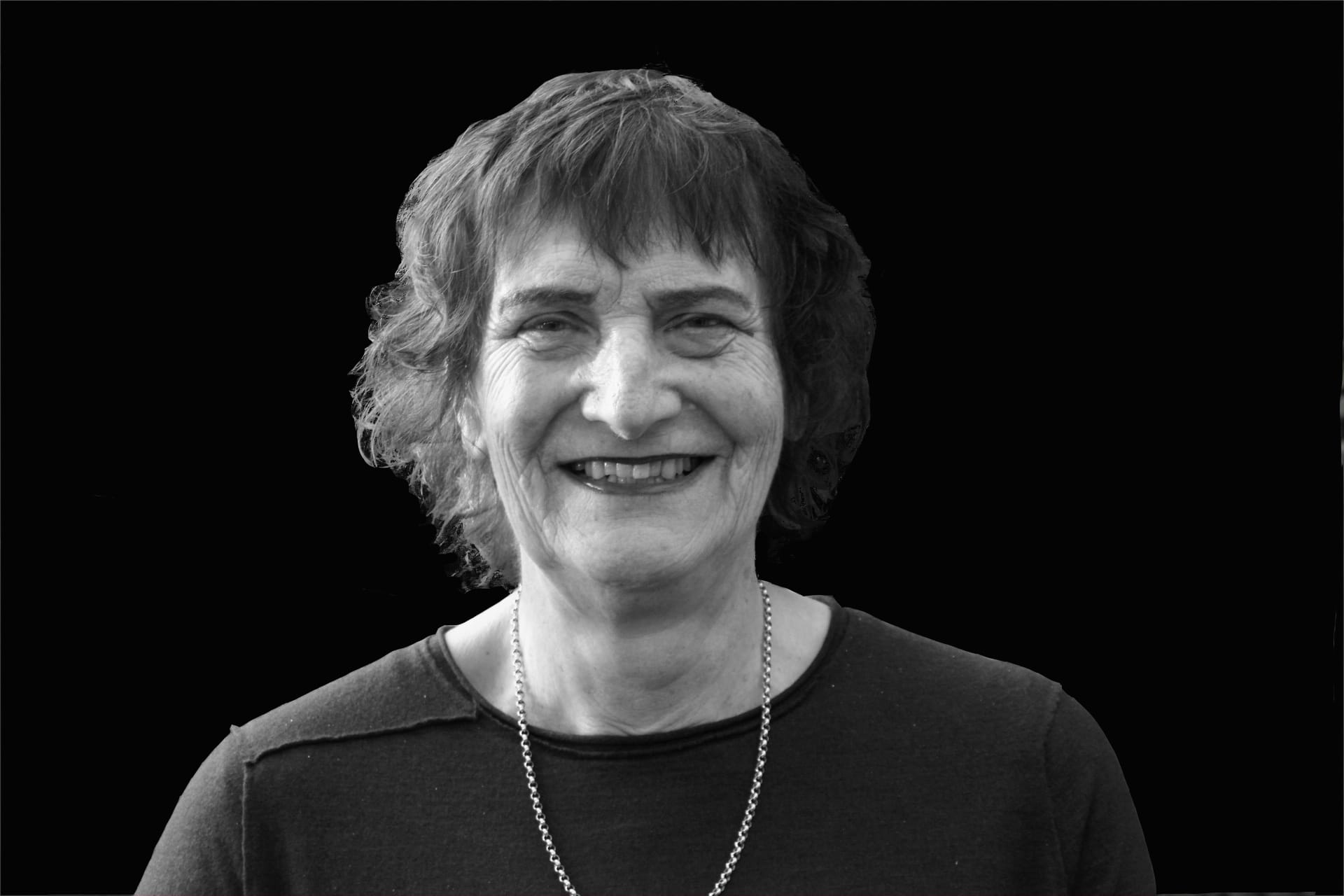
We have a conflicted relationship with conformity. We are disdainful of others’ blind adherence to fads. We scoff at duck lips, rote woke speak, fiddle-leaf figs and picket-fence-and-two-kid aspirations.
But few of us go out on original limbs ourselves. We fear ostracisation as much as we do being labelled “sheeple”.
Conformity is an understandable evolutionary response to loneliness, the ultimate existential threat. We don’t have fangs or sharp claws; we don’t run particularly fast. Homo sapiens’ sole defence is our ability to coalesce into a collective that can then outsmart a predator. We are toast if we are cast out.
So we prioritise our belonging to a tribe or community over almost everything else, particularly in times of threat or uncertainty. At the height of the pandemic, former Obama Surgeon, General Vivek Murthy noted that a lot of nervous Americans were sharing anti-vax information on Facebook, even though they knew it to be false. Why? Because when we share friends’ and colleagues’ hysterical posts we demonstrate our tribal support. We are effectively saying, we sign up to the herd. Truth, when we fear being cast out, is a secondary concern.
Austrian philosopher and psychologist Erich Fromm wrote about this phenomenon in reaction to the rising opulence and conformity of the mid-1950s in his wonderful treatise, The Art of Loving. He pivots his thesis from the observation that humans experience a unique loneliness that stems from our self-conscious awareness that we will die (and therefore don’t matter). No other species, to our knowledge, has this awareness; we are alone in this aloneness. All of which sees us as unable to be present and “at One” with ourselves and the world around us for we are forever grasping into the future, seeking certainties.
Where does all this end up for us? Fromm argues, this disconnection from ourselves and the present, as well as the world around us, condemns us to a life searching for ways to unite and to experience the original Oneness as best we can.
One way to do this, he says, is by experimenting with drugs or by having sex. These work (rapturously!). But, alas, their effectiveness is short-lived.
The most effective and lasting way to connect, however, is to love. Fromm clarifies his definition of love. He’s specifically referring to productive love, which is the proactive giving of love, as opposed to the passive act of being loved. Love, to be clear, is not something we wait for. Or that we have to fear that we will miss out on. Love is what the alive “productive character” gets to experience.
But love is hard. And so the most common way we go about curing our loneliness and reconnecting with the One, is conforming. Doing as the herd does.
We conform by signing up for practices, mores and norms that corral us with the herd. We effectively hand our quest to live in the present, to be connected with nature and our nature, over to third parties – the church, governments, “democracy”, autocrats, cult leaders, and so on. Because, well, it’s easier than loving.
Of course, these institutions and models, whether it be Christianity, or Communism, evolved and took off to the extent to which they were able to make us feel less separate with their edicts and rulebooks.
But here’s the problem: we now delegate our non-separation to capitalism.
Fromm argues, as early as the 1950s, that mostly we conform to capitalism’s edicts and mores. We buy into its messaging. We mould the way we behave and look lured by the seductive promise that when we do we will belong to a big friendly herd of fellow… consumers (not citizens).
Capitalism is the most common way for humans to feel less separate because it’s the easiest way.
The system does all the work for us. We just have to hop on the conveyor belt and the jingles, the McDonald toys-with-purchase, the trickling down, the algorithms and the surveillance technology will take care of the rest.
Of course, same-sameness and herd mentality isn’t a problem in and of itself. Who cares if everyone cuts their hair into mullet for a season. But when it’s driven by capitalism, the abatement of our collective loneliness is not the driver. The vested interests of the market system are. Capitalism necessarily requires the stoking of our most selfish, individualist tendencies. The market system needs us to compete, to lapse into greed, to compare ourselves with others. And so capitalism’s promise comes at a massive price. Indeed, and ironically, the price is – yep! – our separateness.
But there’s also this: If we follow Fromm’s logic, conforming is, in effect, the cheap drug fix for the massive, original ache of our separation.
You see, while ever we revert to conformity as a way to connect, then we are dissuaded from doing it via the far more effective route, namely via the much harder practice – or art – of love. To this extent you could say that conformity stops us from choosing love.
Loving, of course, requires accessing a whole range of virtuous practices, such as courage and vulnerability. The comfy conveyor belt of consuming our way into the herd negates or demotivates us from practicing these virtues, too.
Plus, conformity in a democratic but capitalist culture is particularly powerful (and dangerous) because it sells the idea that the we remain very original and individualised in our behaviour. Our tattoo is radical (even though everyone has one); the world’s most popular SUV denotes adventurous “lone wolf”.
At least in an autocracy the people know they have lost their agency. They remain alive to it all; we slip into a distinct lack of curiosity and numbness, which we don’t fight or rise up against.
So what’s the alternative?
Jung asked in The Development of Personality: “What is it, in the end, that induces a man to go his own way and to rise out of unconscious identity with the mass as out of a swathing mist?” Jung answers his own question with the idea of having a “vocation”, a drive that comes from God. But in this instance we could argue that the way out of our stale, conveyor belt-ish conformity is to just do the more difficult path. Practice love! Now! Do not pass Go!
After all, as Fromm argues, conformity doesn’t satiate. “Union by conformity is not intense….it is calm, dictated by routine, and for this very reason often is insufficient to pacify the anxiety of separateness.” Fromm believes we need intensity for unification to feel real, to stick. Only love, he says, is sufficiently intense.
Ethics in your inbox.
Get the latest inspiration, intelligence, events & more.
By signing up you agree to our privacy policy
You might be interested in…
Opinion + Analysis
Relationships, Society + Culture
Five dangerous ideas to ponder over the break
Opinion + Analysis
Relationships
Is masculinity fragile? On the whole, no. But things do change.
Opinion + Analysis
Relationships
Power and the social network
Explainer
Politics + Human Rights, Relationships




